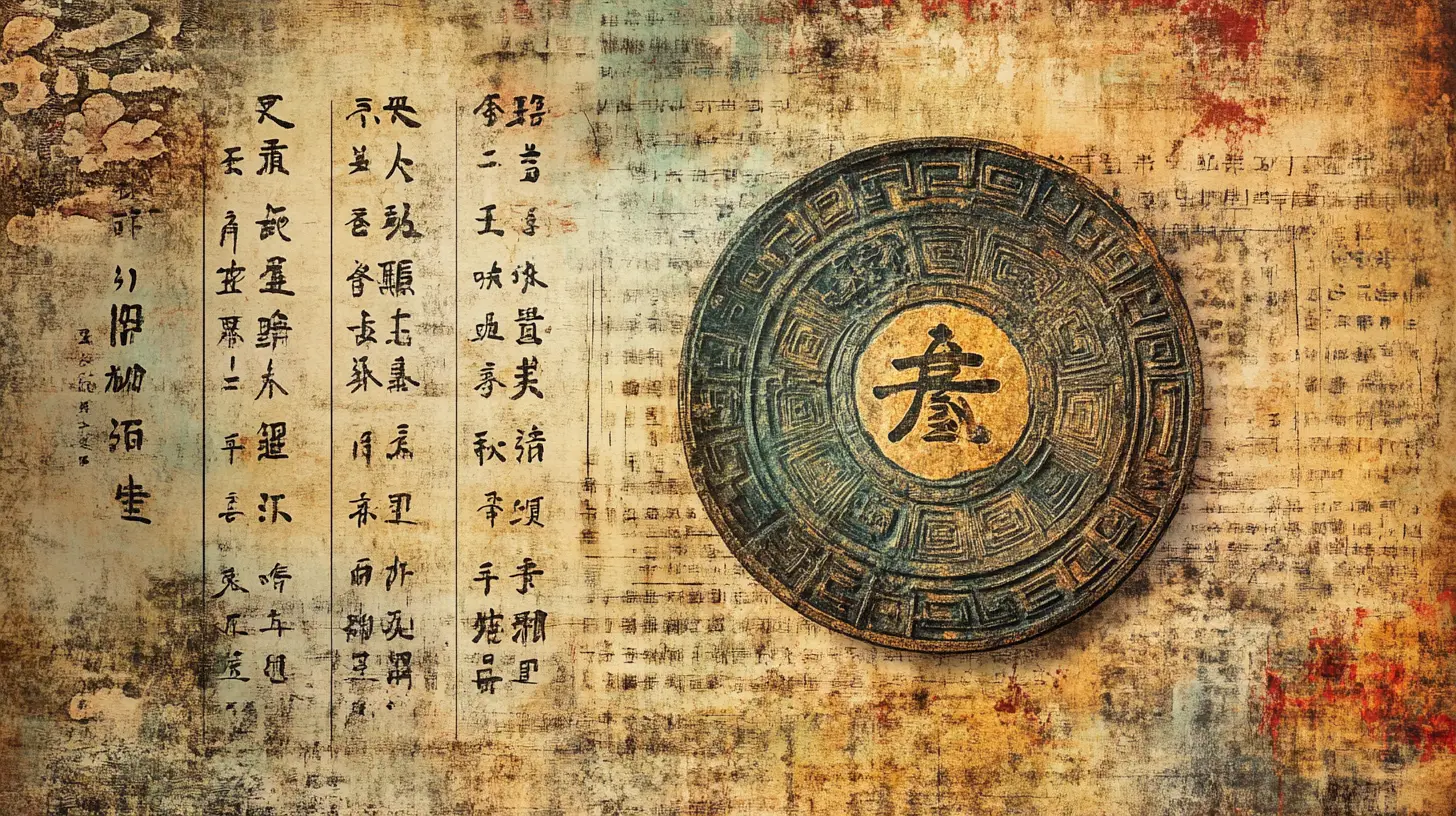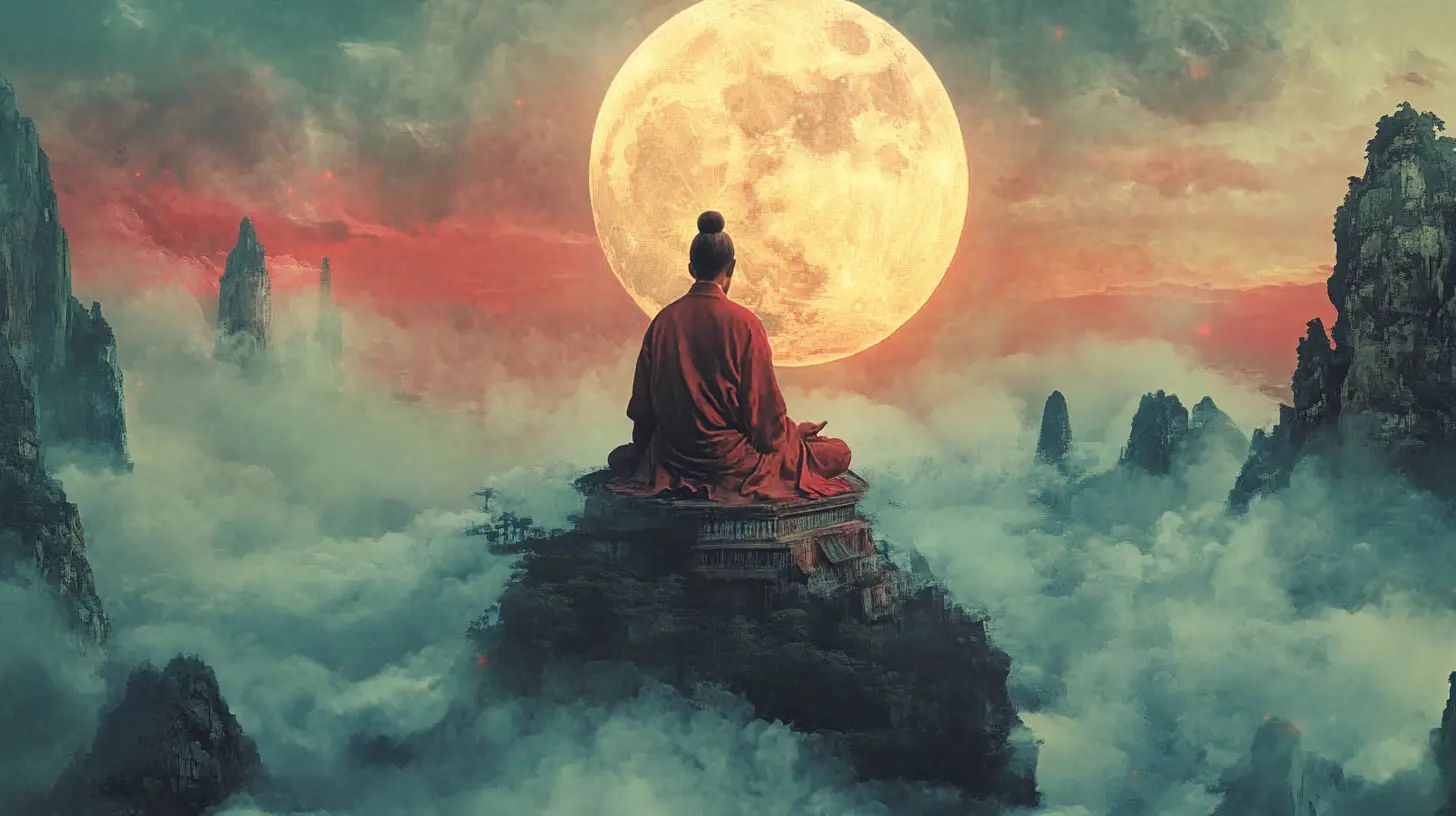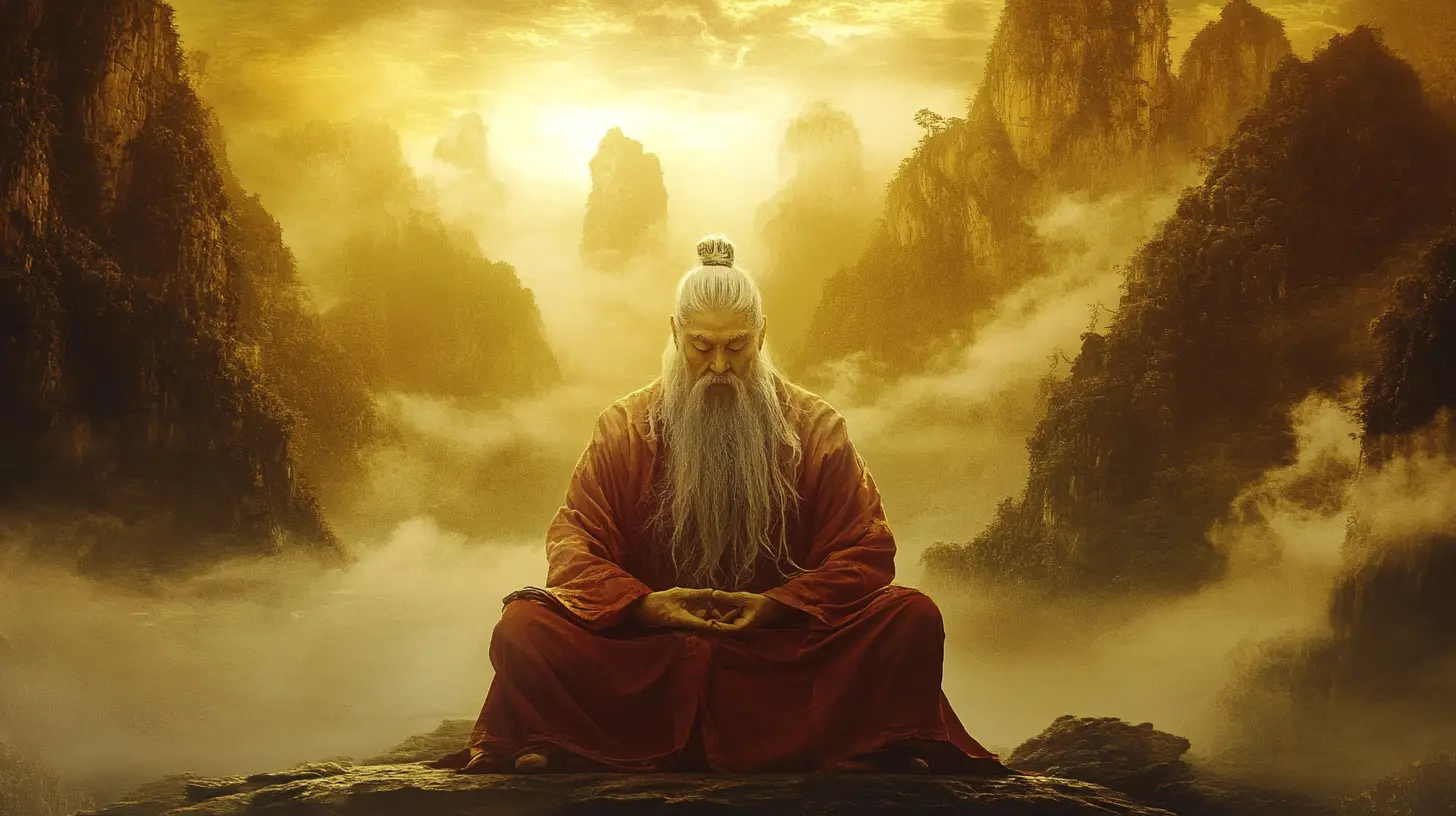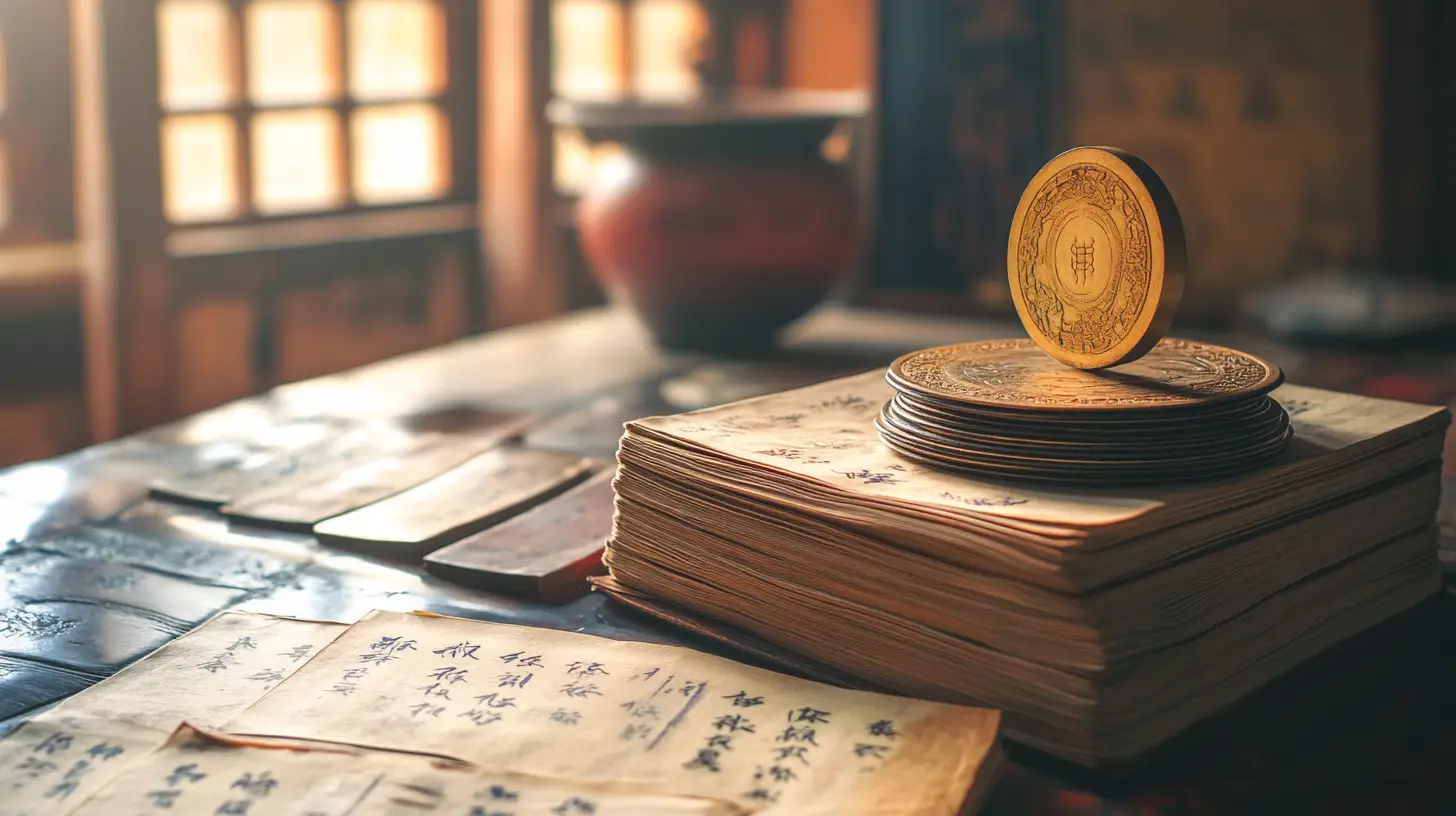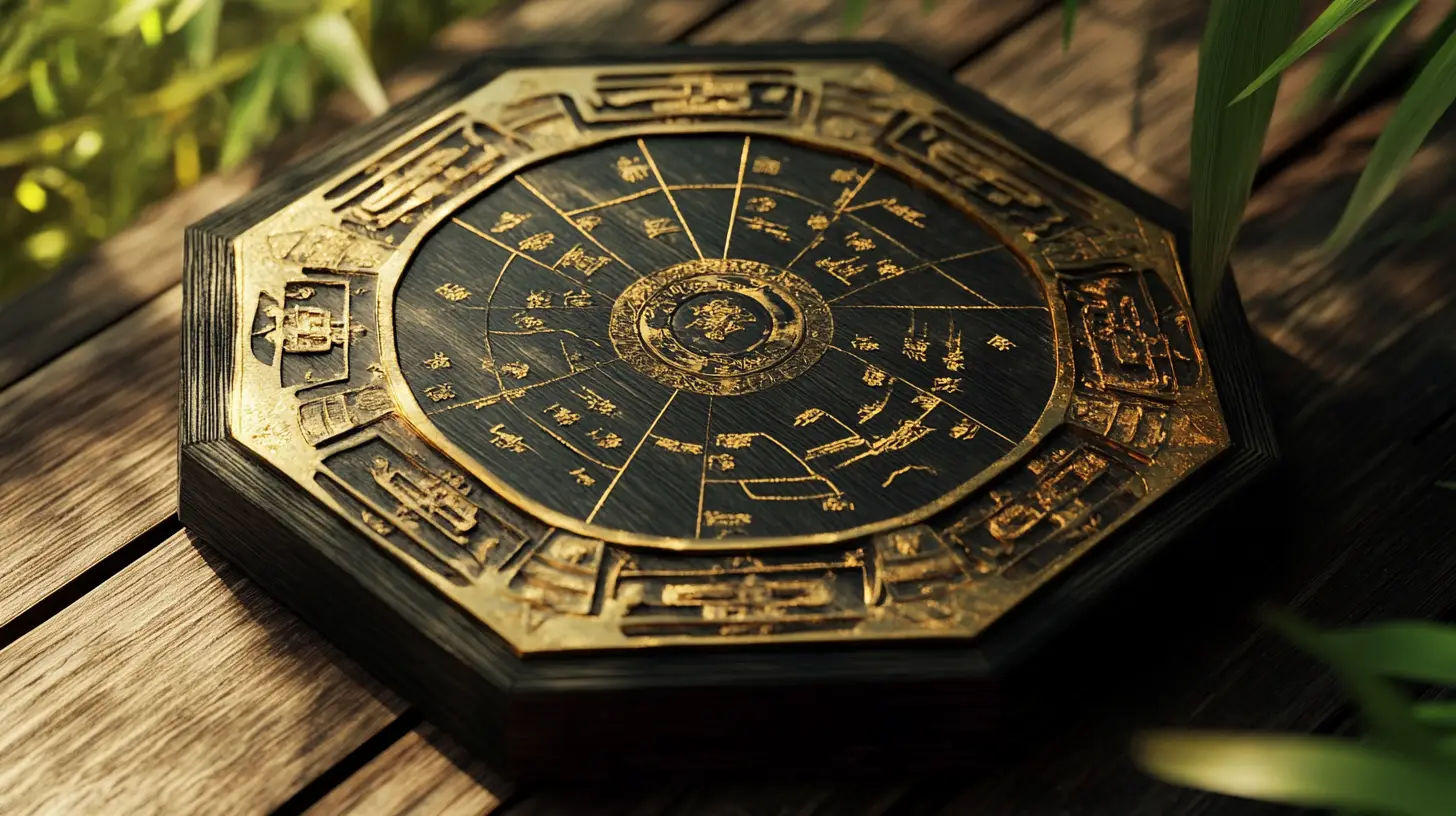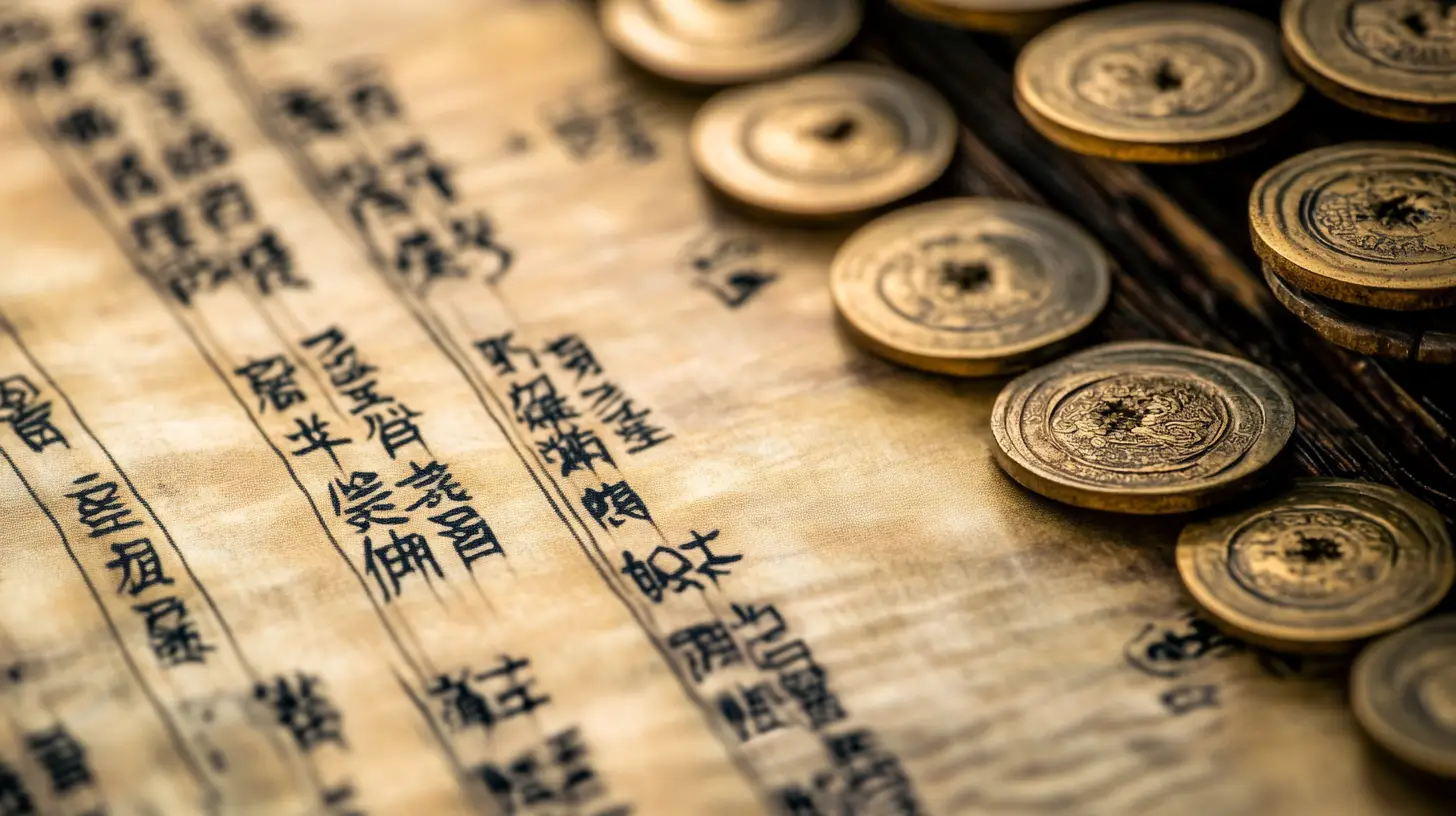The I Ching, also known as the Book of Change, is one of the most profound and enduring texts of ancient Chinese philosophy. At the heart of its global popularity lies the masterful Wilhelm translation, which brought this ancient text to the West with precision, depth, and spiritual resonance. This article delves into the significance of Richard Wilhelm’s work, how his translation of the ancient Chinese classic shaped modern thought, and why the ching or Book of Changes continues to guide spiritual seekers, philosophers, and readers around the world.
The I Ching, also known as the Book of Change, is far more than a tool for divination—it is a cornerstone of Taoist and Chinese philosophy, filled with deep spiritual insight. When studied through the lens of Taoism, the I Ching reveals a practical and metaphysical roadmap to harmony, balance, and comprehensive self-realization while living an ordinary life.
The I Ching, also known as the Book of Changes, and Jungian psychology might seem worlds apart—one an ancient Chinese oracle, the other a cornerstone of modern analytical psychology. But thanks to the groundbreaking work of swiss psychiatrist Carl Jung and Richard Wilhelm, these two systems found a surprising bridge. This article explores the history and practice of the I Ching, its psychological depth, and the potential Jungian application of this method of exploring the unconscious.
The Ching, also known as the I Ching or Book of Changes, is an ancient divination system that continues to astonish users with its precision and relevance. Used for centuries across China and the world, it has guided emperors, scholars, artists, and spiritual seekers alike. But why does this ancient method still feel so accurate today? In this article, we’ll explore the structure, wisdom, and symbolic systems of the I Ching, and uncover what makes it such a powerful and enduring oracle.
If you’re looking to buy the I Ching (also known as the Book of Changes), here are the top 9 trusted places to get a copy—whether you’re seeking a classic translation or a modern interpretation
The I Ching, or Book of Changes, is one of the most profound and ancient texts of Chinese cosmology and philosophy. At the heart of its wisdom are the hexagrams—symbolic patterns of six lines that form the foundation of this timeless oracle. But what are I Ching hexagrams, and why do they continue to captivate seekers, philosophers, and readers around the world?
I Ching coins are sacred tools used in I Ching divination, most commonly through the three coins method—one of the most common ways to consult the I Ching, the ancient Chinese Book of Changes. Each coin is based on a traditional Chinese coin design, typically featuring a round outer shape with a square hole in the centre. These coins are not only symbolic but functional, rooted in ancient Chinese metaphysics and the principles of yin and yang.
Discover the foundational connection between feng shui, the I Ching, and the ancient art of divination in this deep dive into Chinese metaphysics. Learn how the flow of energy, known as qi, has influenced feng shui practices for millennia and why these traditions remain profoundly relevant today. This article is a must-read for anyone curious about the oldest book in the world, cosmology, or how to bring harmony and balance into their lives using the teachings of the I Ching.
Explore how ching, ancient Chinese wisdom, and the genetic code converge through the remarkable parallels between DNA and the I Ching. In this fascinating journey, we unravel how the 64 hexagrams from the I Ching correspond with the building blocks of life, revealing a binary structure that mirrors our own biological coding. Whether you’re interested in tao of life, quantum science, or intuitive metaphysics, this article offers profound insight into the connections derived from the I Ching.

